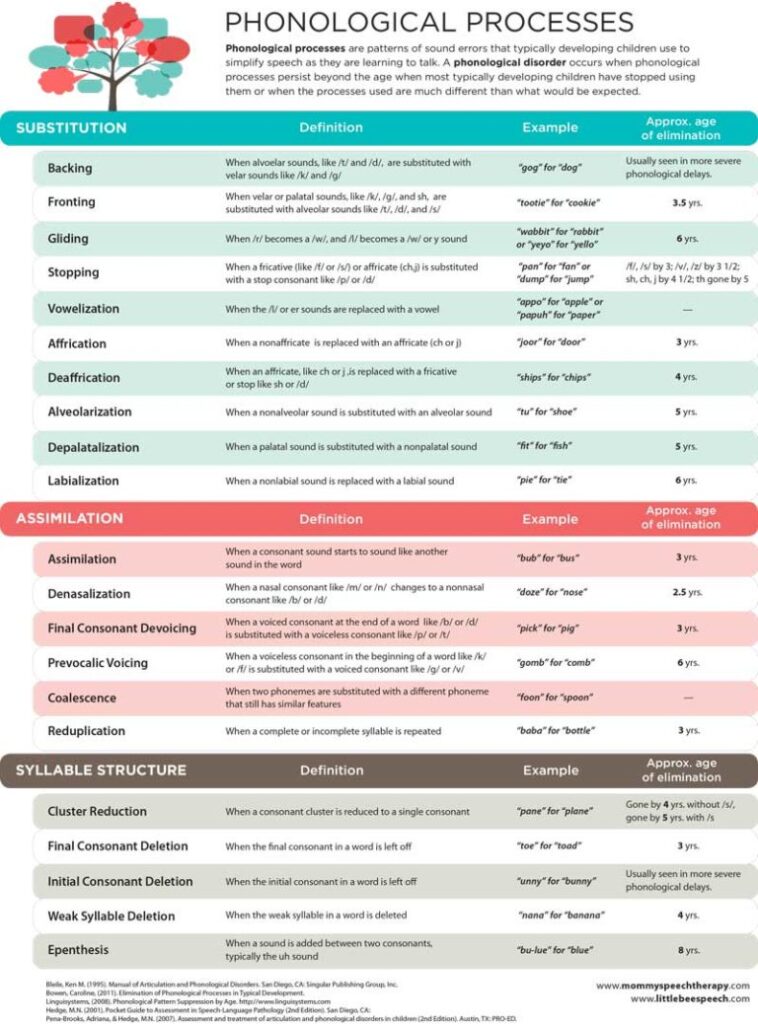
Twinkle twinkle little “TAR”
- February 16, 2022
- 0 Likes
- 321 Views
- 0 Comments
And many more of similar utterances such as nana’ for banana, ‘wabbit’ for rabbit, ‘poon’ for spoon, ‘bikit’ for biscuit, ‘pay’ for play, ‘puter’ for computer etc. We cannot deny the fact that we all love the baby talk and wish to keep hearing them. Personally, I too have several of my daughter’s initial words and phrases recorded and keep listening to them regularly. Eventually, these utterances find their proper structure in children’s language as they grow older and get exposed to correct pronunciation of the words. However, there are times when certain groups of children continue with these utterances for a longer period of time and thus are labeled as unclear, too fast, too young to say the word clearly, lack of language etc.
If you find your child’s utterances to be similar to the ones mentioned above then your child might be demonstrating phonological processes. These are patterns which children use to simplify adult speech. Many children use these processes while their speech and language skills are developing however sometimes they go beyond the age at which they should have been resolved. For example, if your 6-year-old child says ‘tar’ for star or ‘ky’ for sky (cluster reduction) that would be considered delayed as most children master production of clusters by the age of 5.
Following is a chart of the phonological processes with their examples to understand them and mentioned ahead is the age of elimination of each process.

There are three things which you should watch out for and immediately raise a flag with respect to your child’s speech and above seen processes.
- If the processes are persisting beyond their age of elimination.
- If there are multiple phonological processes.
- And if they exhibit atypical phonological processes.
Atypical phonological processes are the ones which we generally don’t see being used by typically developing language users. If a child uses these processes, then he or she has possibility of having a phonological process disorder and should be seen by a speech language pathologist who is specialized in dealing with phonological processes disorder.
Following is a chart for few atypical phonological processes –

A speech language pathologist who specializes in treating phonological processes works with the child by targeting the phonological processes in error and helps in elimination of the process. This is different from a typical articulation therapy where each sound is targeted to correct the production, hence it is important to seek timely and right help for the child to enhance his/her speech skills.


Leave Your Comment